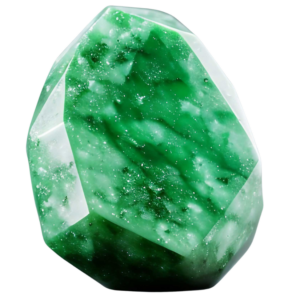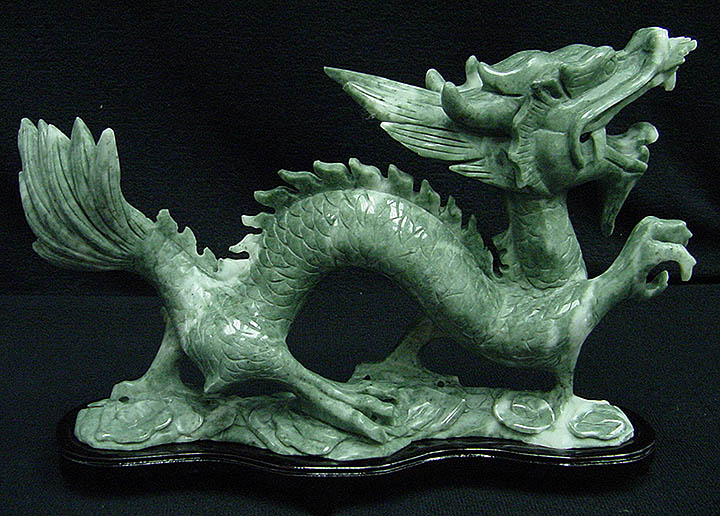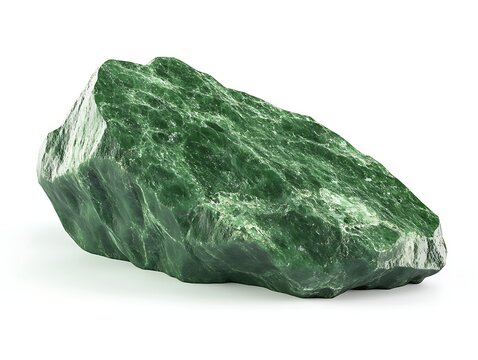jade: The Stone of heaven

Physical properties
Jade refers to two distinct minerals: nephrite and jadeite. Nephrite is typically green, white, or gray, while jadeite can occur in a wider range of colors, including green, lavender, red, and yellow. Both types are known for their toughness and smooth, waxy luster. Jade has a hardness of 6-7 on the Mohs scale, but its interlocking fibrous structure makes it exceptionally durable. It has been used for intricate carvings, tools, and jewelry for thousands of years.
history
Jade has been highly valued in many cultures, particularly in China, where it has been revered for over 5,000 years. Known as the “stone of heaven,” it was used in rituals, burial suits for royalty, and intricate carvings. In Mesoamerica, the Maya and Aztec civilizations prized jade for its beauty and spiritual significance, using it in masks, jewelry, and ceremonial objects. Jade has also been important in Maori culture, where it is known as pounamu and used for tools, weapons, and heirlooms.


Symbolism & Beliefs
Jade symbolizes purity, wisdom, and harmony. It is often associated with good luck, protection, and longevity, making it a popular stone for amulets and talismans. In Chinese culture, it represents virtue, compassion, and moral integrity. Jade is also believed to promote emotional balance, healing, and spiritual growth, helping to align the mind, body, and spirit. Its calming energy makes it a stone of peace and serenity.

